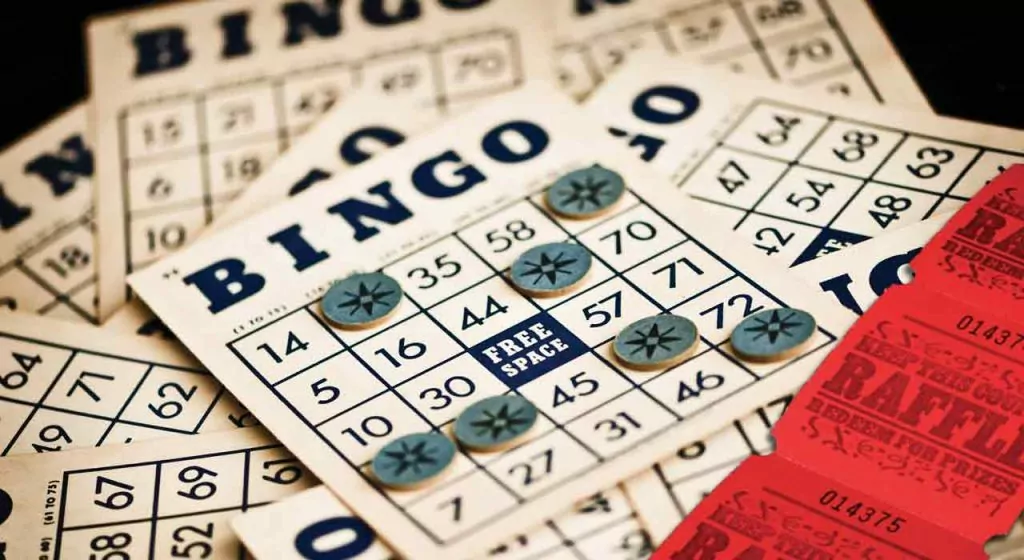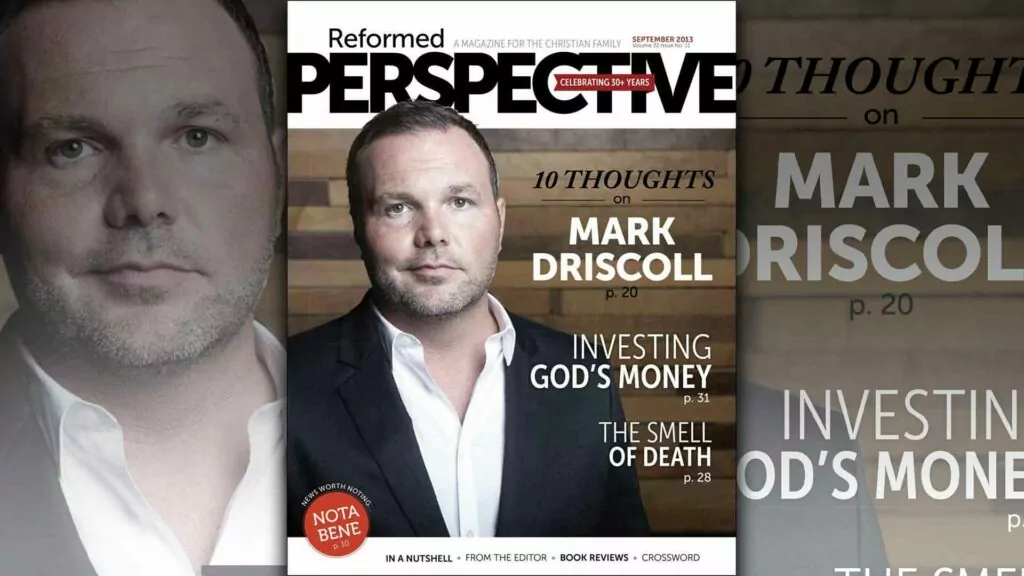What are we to make of gambling?
And He said to them, "Take heed and beware of covetousness for one's life does not consist in the abundance of the things he possesses. (Luke 12:15)
*****
The thesaurus defines the Victorian Age, (1837-1901), as a period in British history during the reign of Queen Victoria. It is said that her character and moral standards restored the prestige of the British monarchy but also gave the era a rather prudish reputation.
Strangely enough, however, a number of happenings recorded during this time period were wagers – bets which certainly cannot be defined as prudish but which can be defined as coarse and as lacking in compassion.
Strange wagers
For example, once when a passer-by collapsed in the street, a number of aristocrats inside the building into which the poor man was brought, bet on whether he would live or die. Another example is that of rich Lord Alvanley, (1789-1849), a gambling dandy, and a member of the Prince of Wales' circle, who triflingly bet on a race between two raindrops slowly trickling down a fancy club window. The amount he put down on the raindrop he favored was a whopping 3,000 pounds, an amount 300 times the annual earning of a general servant. Many of these inappropriate wagers were minutely recorded in a book published in 1892.
There were other ridiculous bets placed during this era – bets which indicated a desire for fame and attention. In 1891, in Bristol, a sixteen-year-old boy named John Magee, wagered that he could swallow fifty-three marbles. Why fifty-three? Perhaps those were the number of marbles the other boys standing around owned between them. John Magee proceeded to swallow all fifty-three of the marbles, and apparently seemed none the worse for the swallowing, although perhaps a little heavier in weight. A friend, a little anxious about possible repercussions, took him to a hospital where he was kept for observation and where doctors later extracted forty-three of these marbles.
Again, with the desire to appear strong and to become famous, in 1899 a High Wycombe citizen placed a bet during the town's Christmas fair that he could enter a cage of lions and emerge unscathed. Perhaps this in itself was not so spectacular, but he actually vowed that he would sit down in the cage, smoke a cigar and drink a bottle of champagne to the health of his friends, all the while in the company of the large cats. This he did, while a crowd of onlookers gaped and wondered what would happen. The lions, part of a circus, left the man alone during this suicidal feat and he descended from the cage amid wild applause.
Victorian England was not the only place in which strange bets were made. In 1896, and again in 1900, in the United States, William McKinley ran against William Jennings Bryan for president. In 1900, McKinley won for the second time. Prior to the voting, a Henry Winsted of Kinkley, Indiana said he would engage in a butting match with a full grown ram if McKinley was elected, whereas a John Burns, of the same town, said he would drink three pints of hard cider while standing on his head in a barrel, if Bryan was voted in. Another fellow, a Samuel Carpenter of Wisconsin, who was an ardent supporter of Bryan, said he would wear all his clothes backwards for four years if McKinley won the election.
What are we to make of gambling?
How people love attention, and how they are apt to magnify themselves! So what are we to make of gambling? We can chuckle at the above stories and anecdotes and tell ourselves we would never go this far and that such ridiculousness would never touch our lives.
Leland Ryken, who served as professor of English at Wheaton College for more than 50 years, wrote in his book World Saints: the Puritans as they Really Were:
It is true that the Puritans banned all recreation on Sundays and all games of chance, gambling, bear baiting, horse racing and bowling in or around taverns at all times. They did so, not because they were opposed to fun, but because they judged these activities to be inherently harmful or immoral.
My father, a man who loved to play games, was very opposed to his children playing card games upon our first moving to Canada from Holland. He had seen, in his youth and later in his ministry, too many people who had lost their paychecks because they played card games in local pubs – card games in which wagers and money bets were all too common.
The Bible actually contains no specific command that says: You may not gamble. But it does contain principles for walking in a way which is pleasing to God. The tenth commandment, for example, clearly speaks of the sin of coveting. And coveting is one of the reasons people gamble and play the lottery.
We had some pleasant neighbors, Bob and Jane, in a previous home in which we lived. During the last years we knew them, the wife took a job as a waitress and Bob and Jane decided together that they would use her tips, for fun they said, to visit a casino and place some bets. They would only use the tips – no more and no less. Sometimes they won a little and sometimes they lost it all. But before they knew it, they were hooked. As a matter of fact, the husband became so hooked he gambled away his home, his mother's home and his marriage.
Governments hooked on gambling
In 2014, the Quebec government made over $1.2 billion in gambling profits. Almost 70 per cent of the people in Quebec gamble – mainly on lottery tickets. It seems to be a popular pastime. It has been studied and recorded that 0.6 per cent are pathological gamblers, and 1.2 per cent are at risk of becoming so. There are sad consequences for families as seen in the case of our erstwhile neighbors. Before gambling was legalized in Canada and before lottery corporations were set up, it is said that these things were run by organized crime. On the defensive, the Quebec government has set up treatment programs for pathological gamblers with free accessible services.
As of 2016, the province of Ontario has 33 casinos containing more than 25,622 slots and gaming machines. There are a whopping total of 651 table games through which a person can lose lots of money.
In the United States, land-based casinos made approximately $315 billion dollars in 2015.
Meanwhile, Macau, China, is the largest casino market in the world, the gaming industry contributing significantly to the economy of Macau. Its gross gambling revenue in 2014 was $44 billion. Staggering amounts of money!
Wasting God-given resources
1 Timothy 6:10 states: "... the love of money is the root of all evil." It is a clear statement. It is a statement which calls gambling sin. The talents given by Jesus to each and every believer are to be used by us. These talents include time, money and witnessing ability. We are going to be asked how we, as servants, have used our talents. If they have been wasted, gambled away, we need only look to the end of the parable told by Jesus in Matthew 25 to find out what happened to the man who was wasteful and abused his talents. Our time and our resources belong to God Who bought us with a price (I Cor. 6:20). We may not fritter away His resources.
General Cadwallader Colden Washburn, (1818-1882), an American business man, politician and soldier who was the governor of Wisconsin from 1872-74, said in his annual message to the state in 1873:
Some law seems to be required to break up the schools where gamblers are made. These are everywhere. Even the church, (unwittingly, no doubt), is sometimes found doing the work of the devil. Gift concerts, gift enterprises and raffles, sometimes in aid of religious or charitable objects, but often for less worthy purposes, lotteries, prize packages, etc., are all devices to obtain money without value received. Nothing is so demoralizing or intoxicating, particularly to the young, as the acquisition of money or property without labor. Respectable people engage in these chance enterprises, and ease their consciences with the reflection that the money is to go to a good object. It is, therefore, not strange that the youth of the state should so often fall into the habits which the excitement of games of hazard is almost certain to engender.
Perhaps we never will and do not even contemplate disgracing our persons by crossing the threshold of a casino. But are we making correct choices in all the areas of our lives? It is good to recall how godly men in times past have exhorted others in matters of living godly lives. One Joseph Alleine, an English noncomformist pastor (1634-1668), and one who was imprisoned several times for his steadfast perseverance in ministry, wrote these sound words:
The unsound “convert” takes Christ by halves. He is all for salvation, but not sanctification. He is all for the privileges, but neglects the person of Christ... Many men do not love the Lord Jesus in sincerity... they desire salvation from suffering, but do not desire to be saved from sinning. They would be saved and keep their lusts; they are content to destroy some sins, but cannot leave the lap of Delilah. They cannot be cruel to the right eye or hand. O be infinitely careful here, your soul depends upon it!
One of Webster's definitions of gambling is "to risk losing (something valuable or important) in order to do or achieve something" Mind what you do with your time, money and daily witness.
This article was first published in the October 2016 issue under the title "Beware of covetousness." Christine Farenhorst is the author of many books, her latest being Katherina, Katherina, a novel taking place in the time of Martin Luther. You can read a review here, and buy it at www.sola-scriptura.ca/store/shop....













